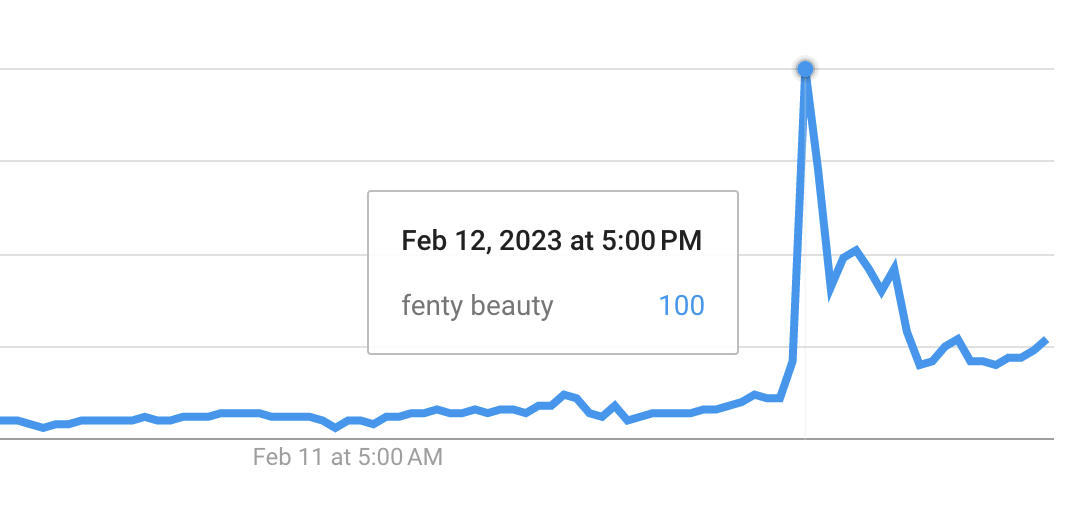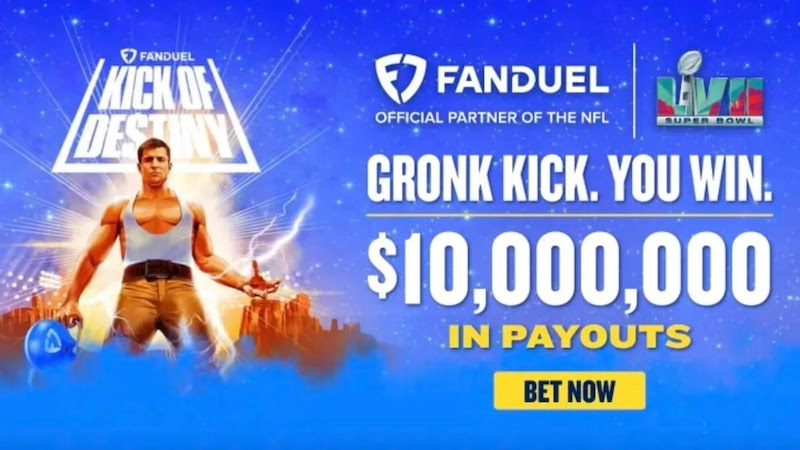What Can We Learn From Brands at This Year’s Super Bowl?

Each year we do a recap of the big game because it serves as an effective State of the Union for marketing and advertising, which are increasingly embedded with the world of digital. So, I watched intently as this weekend’s show rolled out, and was left with a profound sense that everything was great, and nothing was remarkable. It seems like everyone is playing it safe right now.
Maybe that says something about the current state of tension in the media, or fears of a recession, but whatever the case, everything was pretty, pretty good this year — with a couple of notable exceptions.
First, let’s talk about the brands that showed up well. The overarching theme among the winners was the ubiquity of spokespeople. It’s not a new idea for brands to use celebrities in their spots, but this year you’d be hard pressed to find an ad that didn’t use a prominent personality. It just further proves that influencer marketing is not a new idea, it’s just a tactic that has been made accessible to many more of us.
It may also be a safe way to grab attention when you don’t have a more original idea. What’s most interesting is who each brand chose to partner with, because it tells us to near-exact precision which audience(s) each brand was looking to target. Here’s a non-exhaustive list of some of the most notable pairings:
- Pringles — Meghan Trainor & her TikTok-famous dance track
- Popeye’s — Dieunerst Collin (Popeye’s side-eye kid who got famous on Vine and has since become a pop culture meme)
- Squarespace — Adam Driver
- GM — Will Ferrell
- Hellmann’s — Jon Hamm & Brie Larsen
- Booking.com — Melissa McCarthy
- Rakuten — Alicia Silverstone (as Cher, from Clueless)
- Uber Eats — Diddy, Montell Jordan, Donna Lewis, Kelis, Ylvis, and Haddaway
- Bud Light — Miles Teller of Top Gun & Keleigh Sperry
- Crown Royal — Dave Grohl
- Avocados from Mexico — Anna Ferris
- Workday — Ozzy Osbourne, Joan Jett, Billy Idol, Paul Stanley of KISS, and Gary Clark Jr.
- Pepsi Zero Sugar — Ben Stiller & Steve Martin
- Pop Corners — Bryan Cranston & Aaron Paul (as their characters from Breaking Bad)
- Dunkin Donuts — Ben Affleck & Jennifer Lopez
- Michelob Ultra — Serena Williams, Alex Morgan, and Tony Romo
But it wasn’t all unremarkable — there was one great, and one not-so-great, marketing move this week.
The first wasn’t an advertiser, but it was on stage. In the lead-up to her halftime show, Rihanna’s beauty brand Fenty launched a series of new and exclusive products. Then, mid-performance, Rihanna paused to re-apply some of her products — and organic search traffic skyrocketed by over 800%.
Without any ad creative, or even so much as a mention, Fenty Beauty became one of the big game’s biggest winners.
Google Trends results for “Fenty Beauty” over the last 3 days:

Every game has to have a loser, however, and this one was no different.
For weeks, FanDuel had been promoting the “Kick of Destiny” — a massive moment where former NFL Tight End, Rob Gronkowski, would be kicking on behalf of all of us to win a massive prize pool that would be shared if he pulled it off.

Spoiler: He missed, and so did they.
Not only was the kick a huge letdown, it wasn’t even at the stadium, as the ads had implied; it barely got mentioned during the live broadcast; and even the online presence was tough to find. Which is all the more surprising given how good the strategy appeared to be in the lead-up.
For context: FanDuel has 42% of a massive online gaming market.
I listened to the Masters of Scale podcast with their CEO and thought that the idea was really smart: Don’t jam a message in front of people who want to watch an event. Instead, become an event that they want to watch and talk about.
“This year, as we were stepping into the Super Bowl, we wanted to do something on a much bigger scale, and our marketing team with support from Wieden+Kennedy said, ‘Listen, we want to have a moment that’s memorable. We want to be part of the Super Bowl, we don’t want to be part of another Super Bowl ad.’ And so, they came up with this idea to have Rob Gronkowski kick a field goal. He’s going to be kicking in the third quarter live – 25-yard field goal,” FanDuel CEO, Amy Howe, explained to Fox News Digital in a recent interview.
But the follow through was worse than Gronk’s kick. It’s tough to find just about anyone who seems to have noticed it, social mentions are very low, and those who did post about it seem to be mocking the stunt. It’s impossible to know how their user acquisition numbers were, but I tried to find a call to action and it took a lot of digging to figure out how I could even take them up on their offer.
It goes to show that no matter how good the idea, it all comes down to execution.


